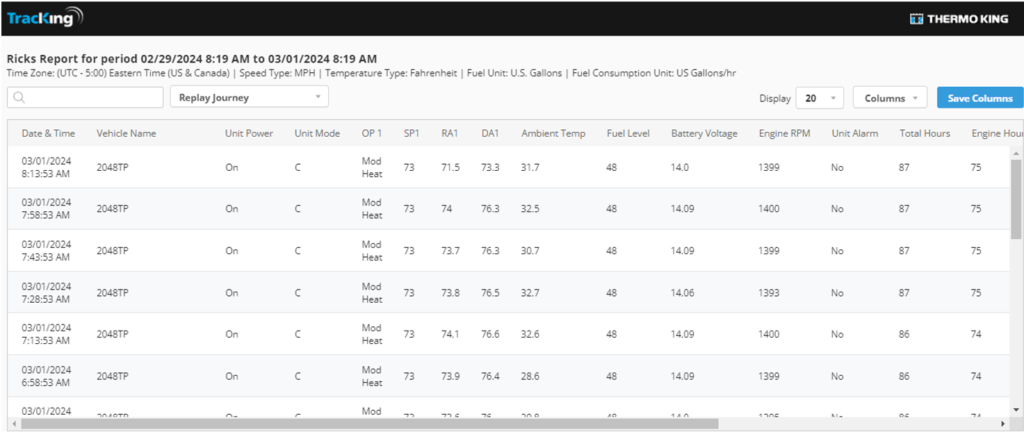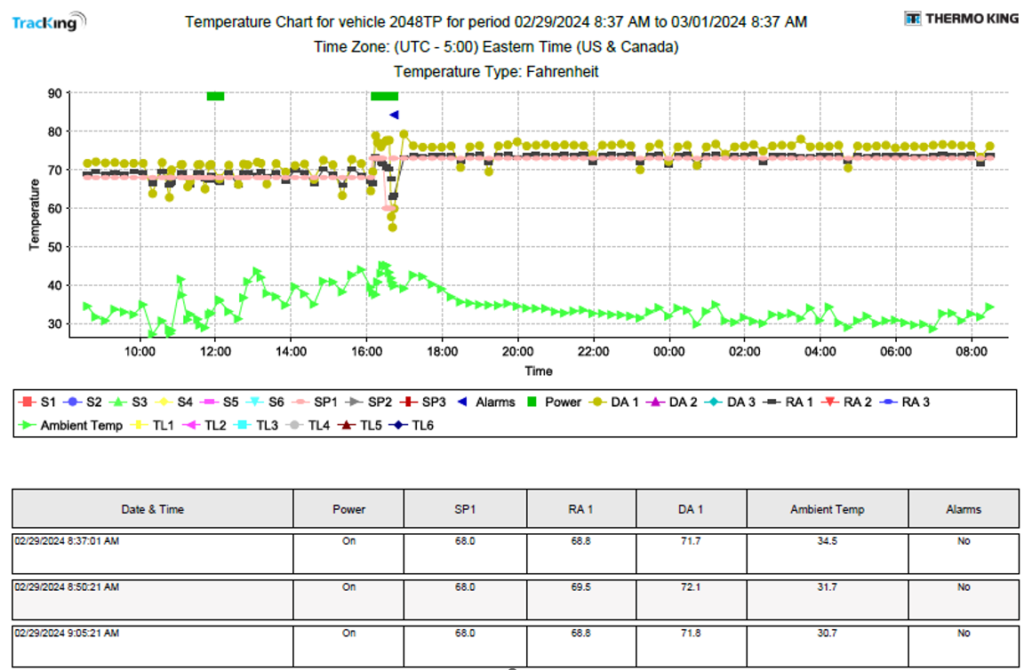The DRC participated in a speakers panel at a recent CPMA Convention and Trade Show called “Produce Transportation—Elements of Success.” This topic raised many questions about how to avoid disputes. In light of these questions, the DRC has prepared some tips that can help you prevent disputes from happening and what to do if they do.
FREE ON BOARD (FOB) AND LESS THAN A TRUCKLOAD (LTL)
- In a FOB transaction, if the receiver’s instructions regarding the reefer unit’s temperature setting differ from those on the Bill of Lading, the driver is responsible for contacting the receiver for clarification. The same procedure applies to an LTL shipment, where the Bills of Lading could also show conflicting instructions for the reefer’s temperature settings.
- Temperature and commodity compatibility are very important when transporting more than one commodity, especially on LTLs, where there are multiple Bills of Lading and sometimes the commodities included are not fresh produce.
REEFER UNITS
- Reefer units are there to maintain temperatures, not to bring commodities’ temperatures down or up.
- The reefer unit must be set to “continuous mode” when transporting temperature sensitive loads such as fresh fruits and vegetables.
- Proper pre-cooling of the truck is a must to ensure the temperature is compatible with the commodity that is about to be loaded. The shipper must also ensure the truck has reached the recommended pre-cooling temperature prior to loading.
- Make sure your produce is loaded at a temperature very close to the indicated reefer set temperature. This will prevent the reefer unit from discharging undesirable temperatures as it tries to regulate the temperature inside the truck.
- A proper loading pattern is important to ensure a consistent flow of air at the required temperature throughout the trailer. Avoid loading pallets sideways, too high, or too close to the walls of the reefer, as doing so may prevent proper air circulation inside the trailer.
TEMPERATURE RECORDERS
- Both a temperature recorder and a reefer unit are temperature reporting instruments that help determine if there was a temperature issue during transit. What determines which recording reflects a more accurate picture of what transpired temperature-wise inside the trailer during transit can be decided by considering various factors such as the product pulp temperatures at the shipping point, loading pattern, number of pallets, air-chute condition, outside weather conditions, location of the temperature recorder, pulp temperatures upon arrival, and the product’s condition upon arrival.
- Temperature recorders must be secured properly and in a location within the truck to ensure the reading is accurate which is normally suggested to be placed on the back right pallet facing the doors. Do not secure them on the wall of the trailer. Make sure they are documented in the Bill of Lading; that they are recovered at the destination and document the location where it is during unloading. You can avoid certain issues by using a real time temperature recorder, which transmits data during transit and would not require to be found upon arrival.
- Finally, one of the most important things to consider is good communication. With many channels involved in the transportation of produce such as the carrier, transportation intermediary, shipper, and receiver, keeping an open line of communication can be a key factor in preventing problems.
Check out our article on the importance of Documentation and Communication. The most effective strategies to prevent disputes are often the simplest.
—
If you have any questions about the article and would like to learn more, our team at the DRC is here to assist you. We value your inquiries and are eager to provide support. Click here to proceed.









